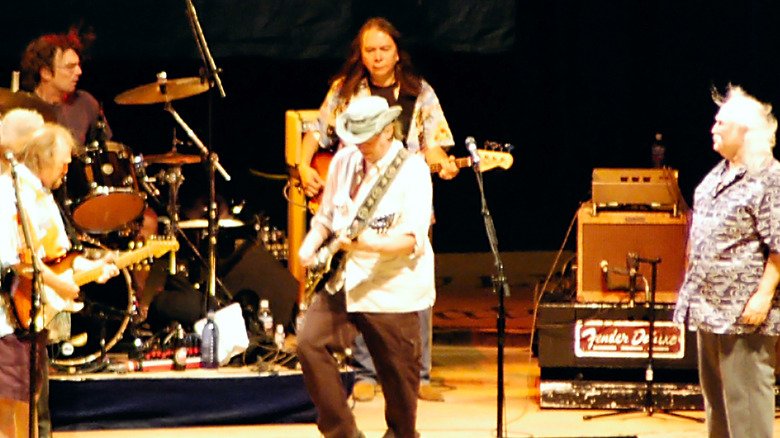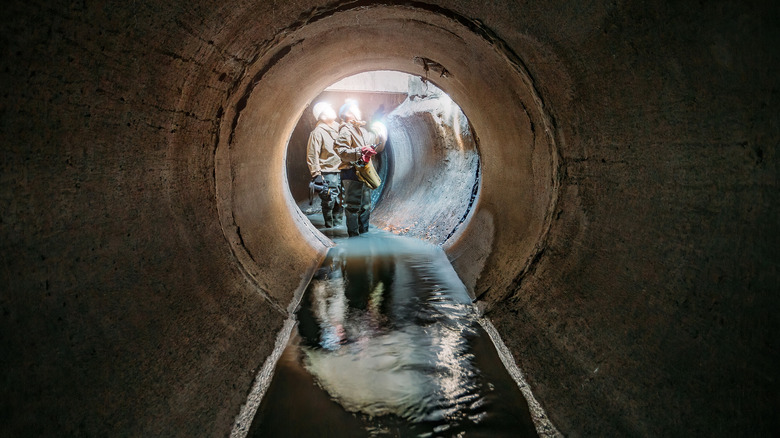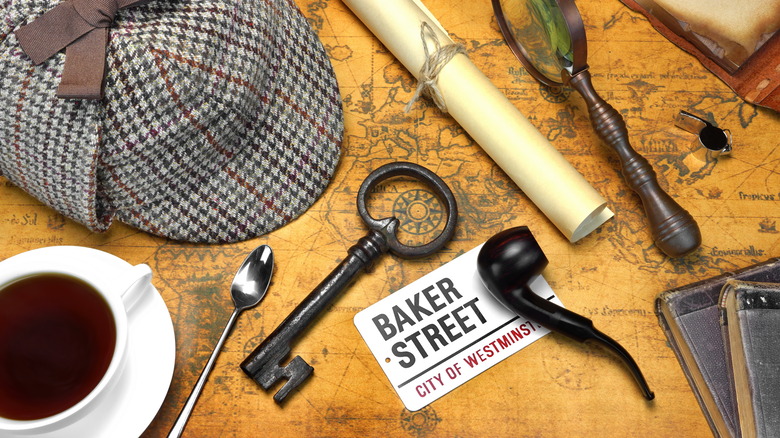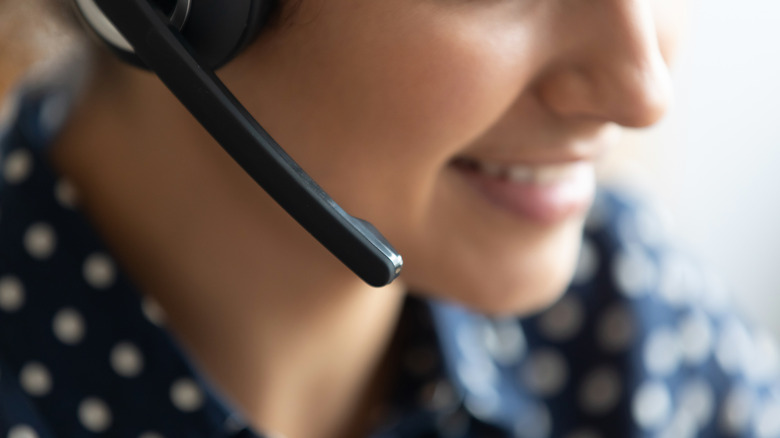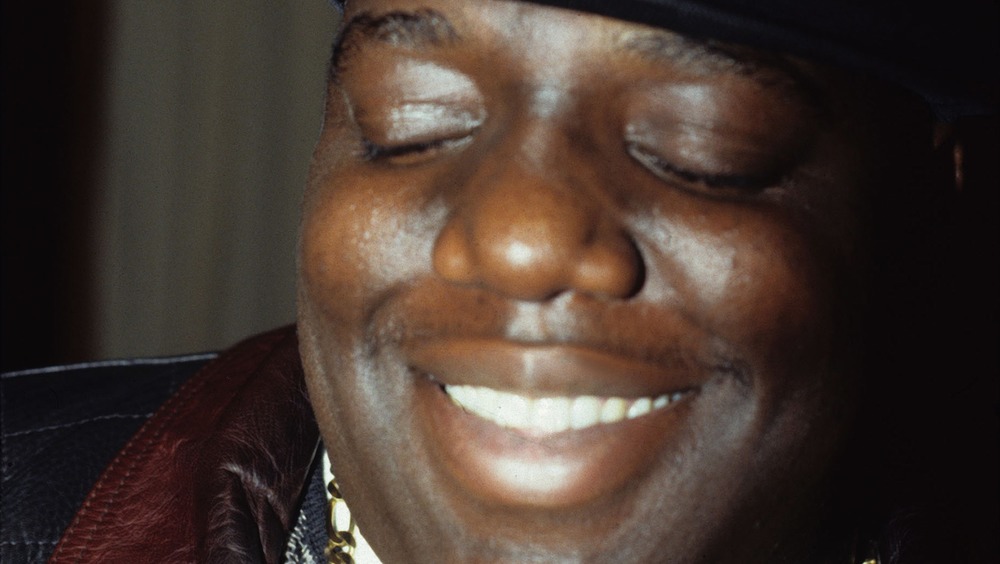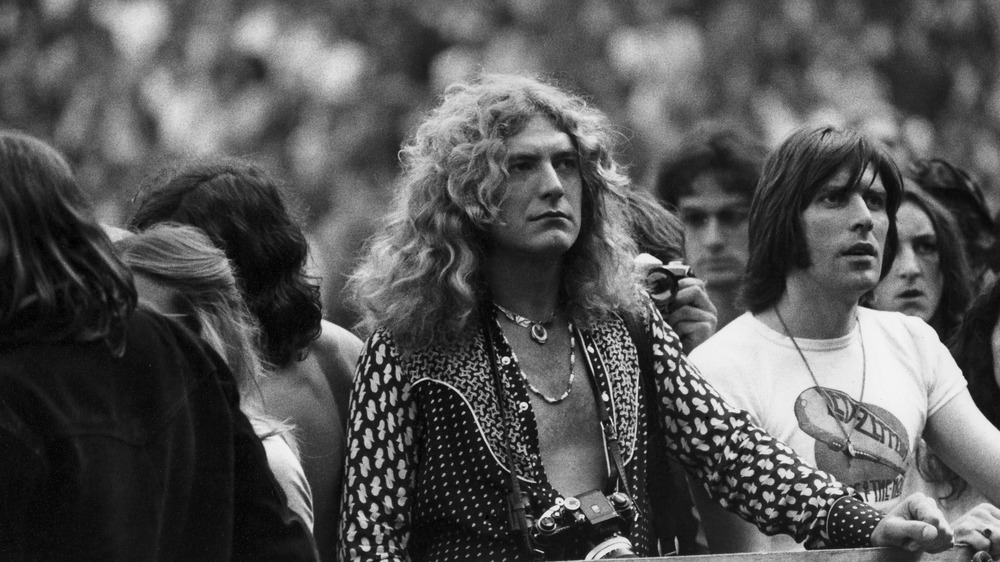
No more excuses: 5 common myths about running
You can now run in peace, because we’re here to break 5 of the most common myths about running. Whoever told you that running barefoot was good for you, or that you should make sure to stretch before a run, probably didn’t tell you the whole story behind it. We have a tendency of believing everything we hear without always checking the facts, and sometimes these myths don’t tell us the whole story. So it’s better to know the facts before you take a run barefoot or carb up on pasta before your next run.
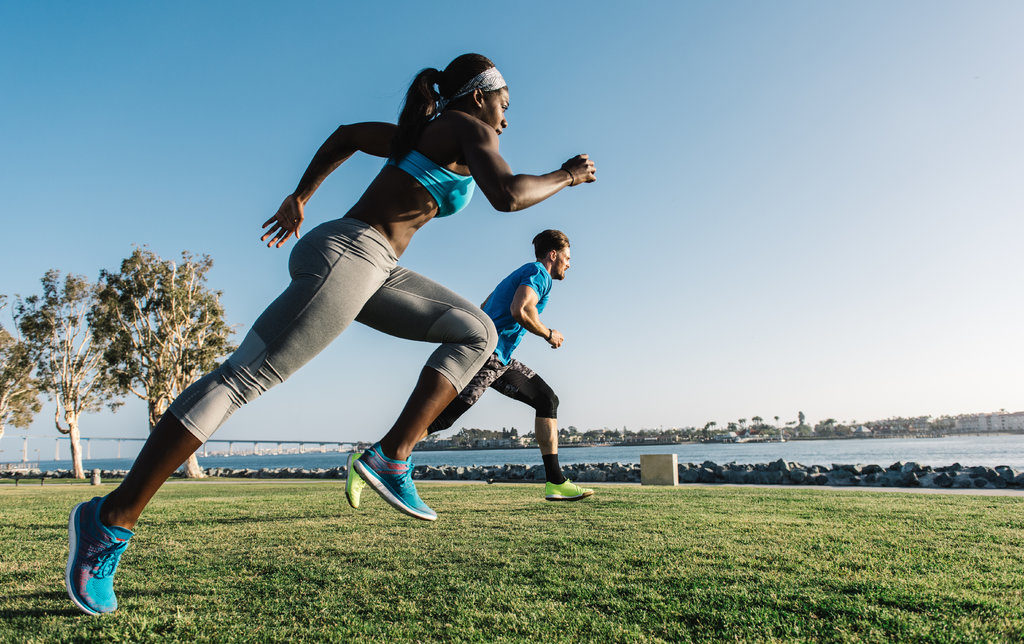
1. Stretch before running
This is only partly a myth. While it is important to stretch before running, this only refers to dynamic stretching. Static stretching is not important before a run, the other way around – it might actually harm you. Static stretching is recommended only after the run, while dynamic movements are recommended for a dynamic pre-run stretch.
2. Eat plenty of carbs before a race
People believe that pasta is the perfect food to eat before a run, because our body needs the carbs. This is another myth that is partially true. Carb loading is necessary only before long runs, meaning over two hours, such as a full marathon or half a marathon (for some people). But also in that case, it’s never wise to load up your stomach the night before the big run, but rather have small portions of pasta throughout the week leading to the race.
3. Running barefoot is good for you
Running can be very stressful on your body and specifically on the feet, so choosing the right running shoes for you is key. Shoes help to reduce the impact on your body, and so running barefoot, as natural as it seems, might not be so healthy for us. Running is extremely cheap as it is, running shoes are pretty much the only investment involved, so don’t skimp about it.
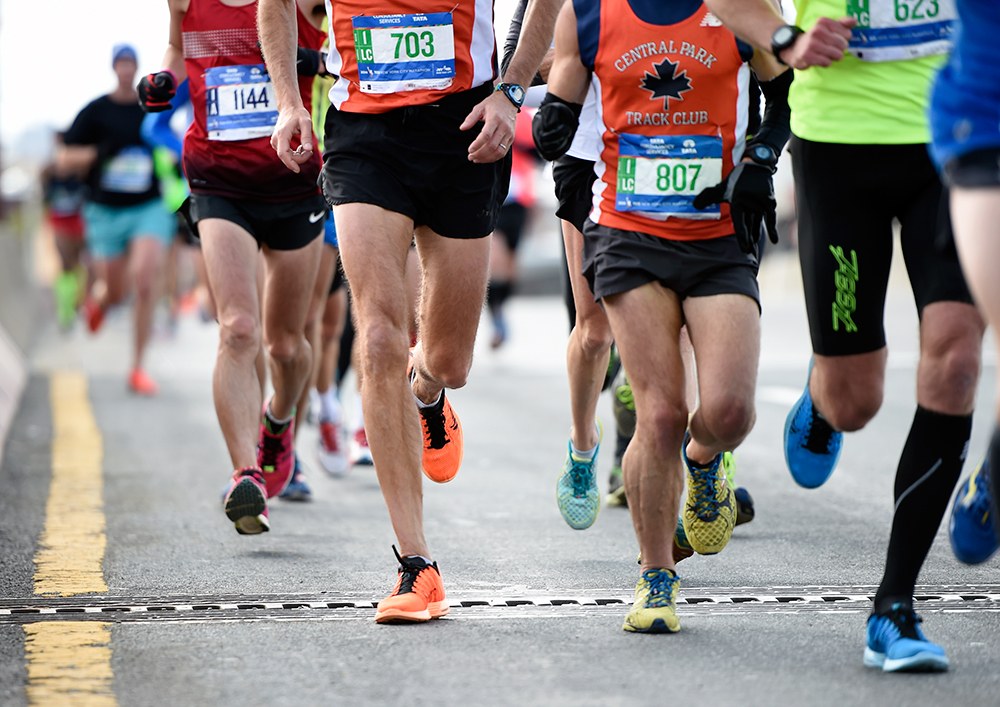
4. Running harms your knees
This is one of the most common myths regarding running, and the reason why many people avoid this sport. The knee injury associated with running, arthritis, isn’t caused by running, but rather it’s genetic – you either have it or you don’t. Running does put pressure on your knees, but it’s almost never the cause of knee problems. As a rule, running on a plain (such as a treadmill) puts more pressure on your knees.
5. Runners can eat whatever they want
Running has many benefits, and if you’re training on a daily basis, you should eat accordingly, but that doesn’t mean runners can eat whatever they want whenever they want. While you can burn plenty of calories running, a lot of it depends on the distance you run and also on your body. Runners often make the unfortunate mistake of estimating their calorie burn, and so end up gaining weight.

For Every Great Professional Racecar Driver, There’s a Talented Woman Standing Next to Them Part 2

Showbiz Stars Who Were Sports Stars First

The Scary Reason Ric Flair Was Once Placed Into A Coma
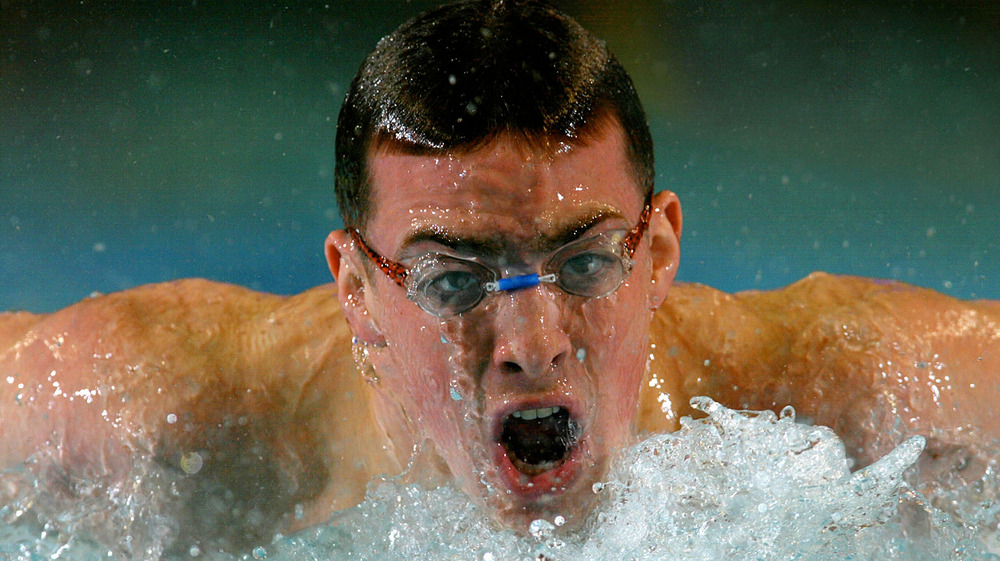
The Tragic Death Of All-American Swimmer Fran Crippen
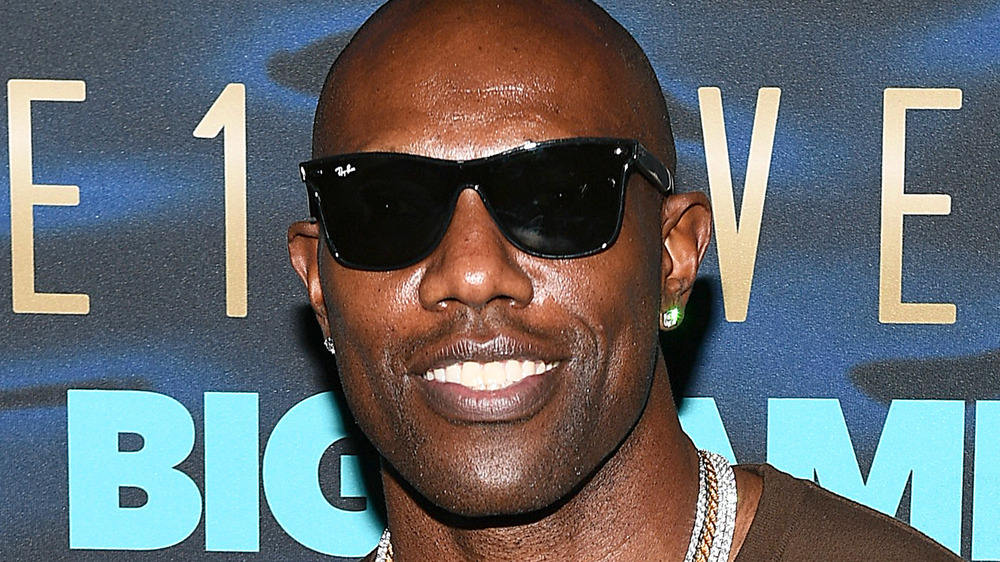
The Real Reason Terrell Owens Went Broke

The Truth About Drew Brees And Tom Brady's Relationship
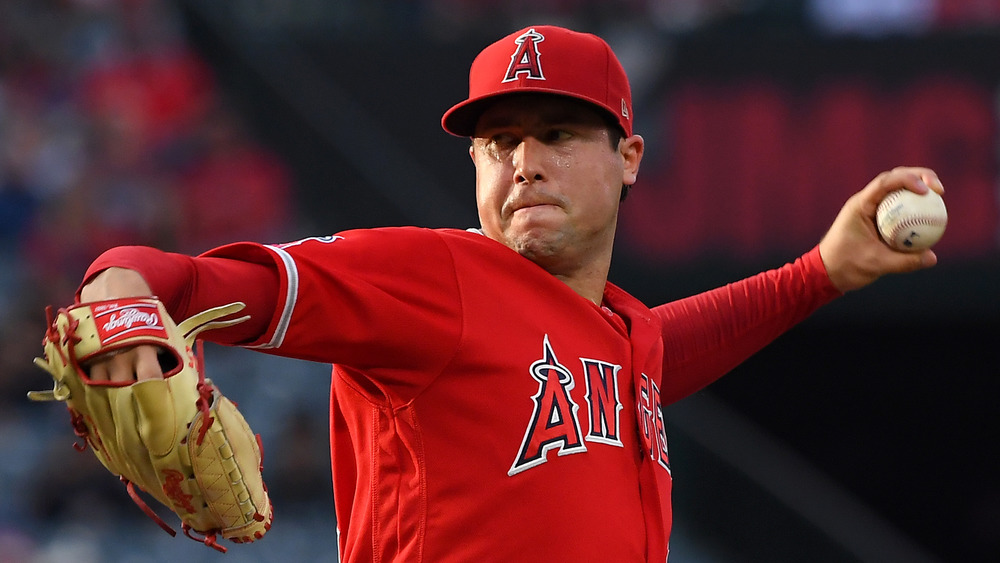
The Tragic Death Of MLB Pitcher Tyler Skaggs

Inside The Time Meat Loaf Was A Softball Coach
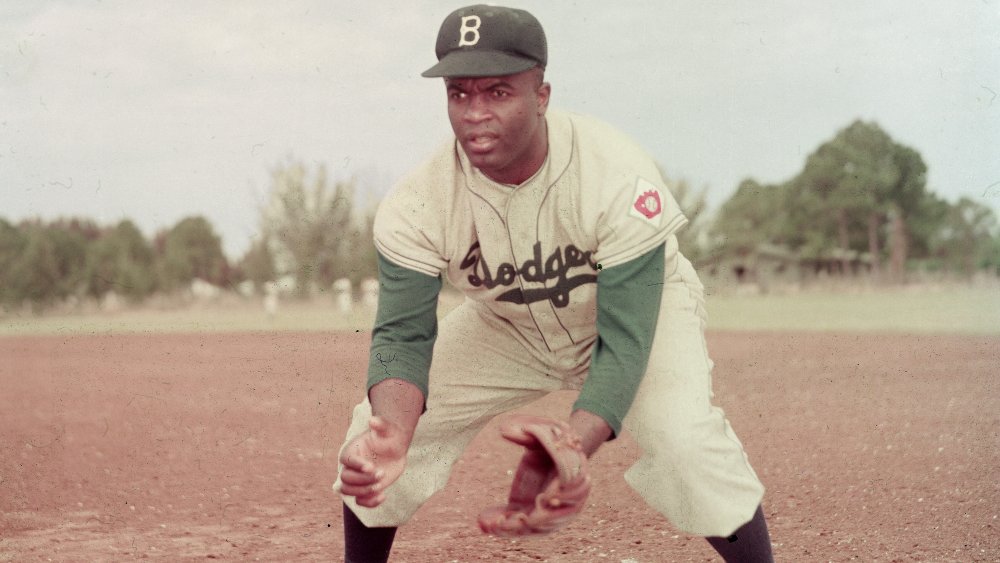
The Real Reason Jackie Robinson Retired From Baseball

Here's What Kevin Nash's Net Worth Is Now
